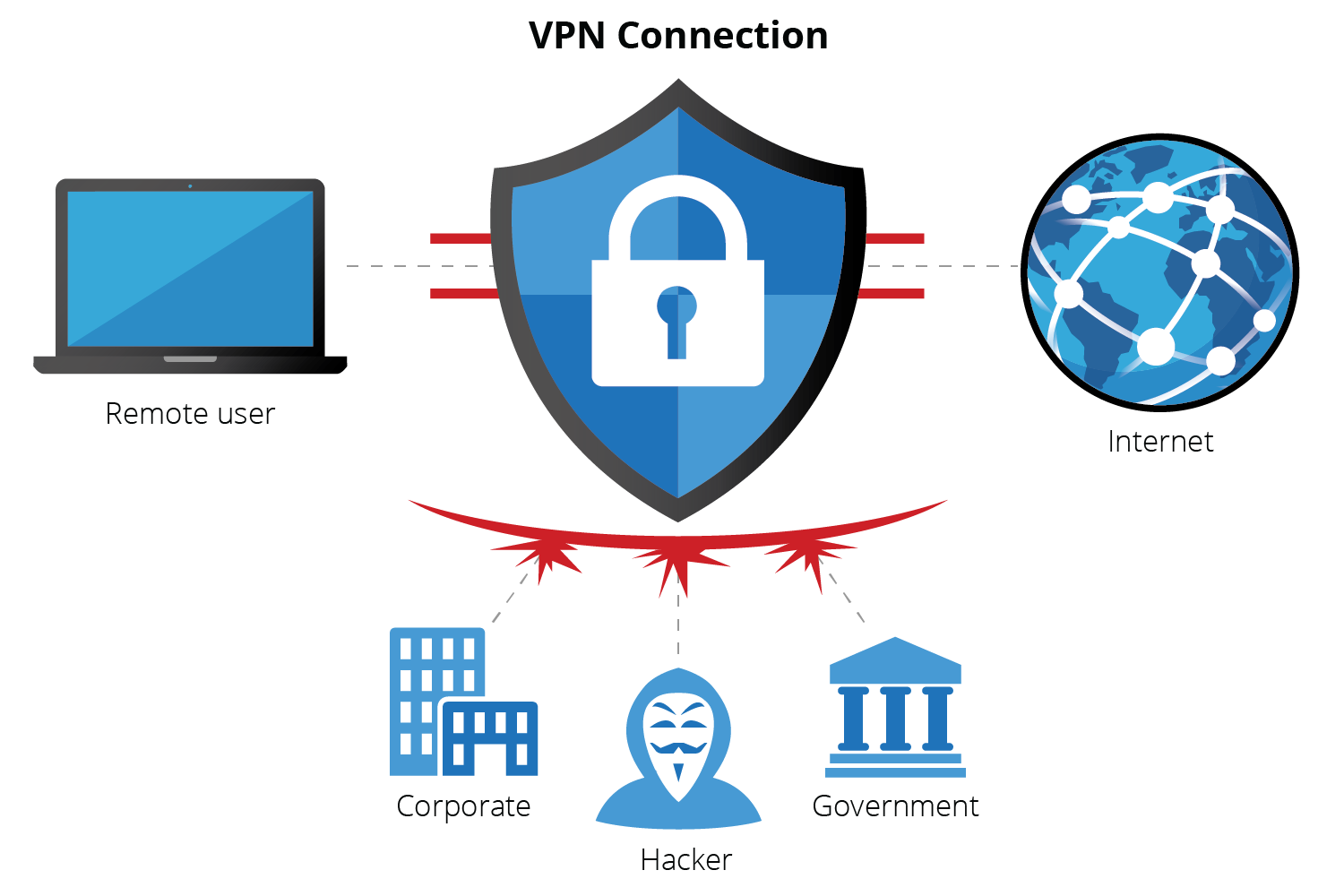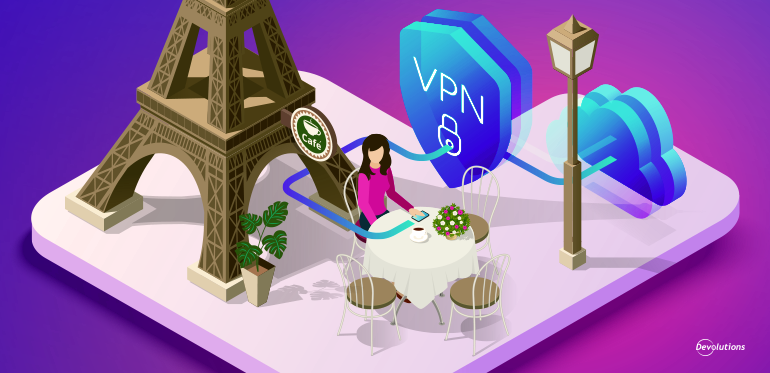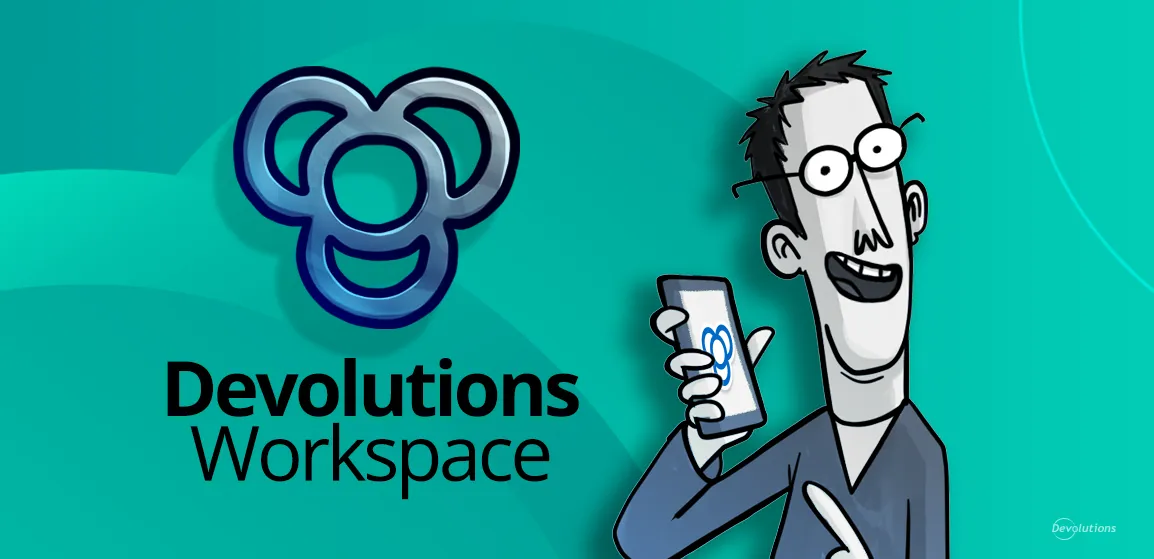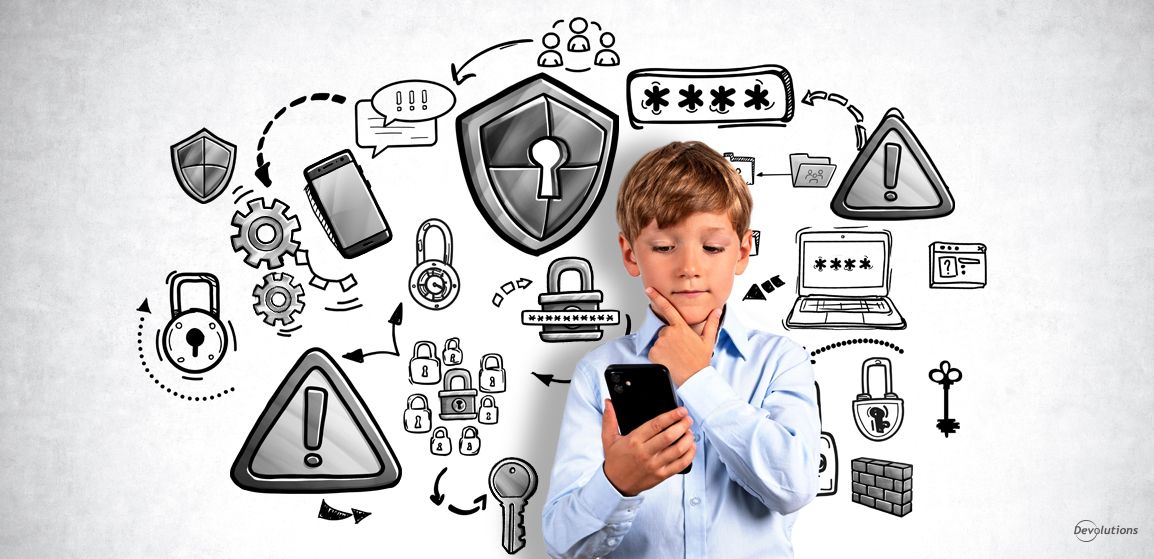Some questions in life are complex and difficult to answer, like trying to understand what The Force is all about. But some questions are easy and simple, like whether or not you should use a VPN. The answer to that is YES, YES and YES!
Parlez-vous français?
Imagine that you’re on vacation in Paris (yeah, I’m dreaming a little bit here). You sit down at a café and pull out your phone to check your emails, which you can do because there’s marvelous free WiFi available. That means you have extra money to buy yourself a fancy cappuccino.
Awesome right? While this is great news for your wallet and your data plan, this free WiFi actually comes at a high price: it leaves your private data and digital activity out in the open. Do you know who’s watching the traffic on that network? Is someone eavesdropping on your online transaction?
Thankfully, there’s a simple way to avoid tragedy and protect your private data, whether you’re checking emails in Paris or back home at your favorite Starbucks: use a VPN.
What is a VPN?
VPN stands for virtual private network. It takes all internet traffic between an endpoint (e.g. smartphone) and a server, and routes it through an encrypted virtual tunnel. Hackers don’t have the key, and so they can’t snoop on your data.
And if you don’t think this matters because you’re not accessing sensitive data, remember: there are no “harmless activities” anymore. Even something as ordinary as logging into your Instagram account could give hackers the window of opportunity they need to launch a full-scale attack that may unfold weeks or months down the road. They really don’t need much information to inflict major financial damage.
Other VPN Benefits
In addition, a VPN can hide your identity since your smartphone (or tablet, laptop or computer) will have the IP address of the VPN server. Some VPN tools also allow you to select an IP address for a server based in another country. For example, you may be eating a delicious croissant in Paris, but it can appear as though you’re in New York City, Tokyo, Berlin, Montreal…and so on.
VPNs are not only useful when using an untrusted public network. They also help your remote workers when they need to connect to remote datacenters, or when they’re trying to access resources on a network that is on a different LAN.

How else can VPNs be helpful? How about hiding your VOIP phone calls? Or using search engines without logging your searches?
Warning: VPNs Don’t Make You Totally Invisible
While we definitely recommend using a VPN, it’s important to keep in mind that they don’t make you totally invisible. Sophisticated hackers — as well as the government and law enforcement agencies — can still trace your identity and activities (not that you would do anything to capture their attention, of course!).
Still, VPNs are an important layer of defense — either to lock out average hackers, or convince sophisticated hackers to ignore you. It’s like a home alarm. Experienced burglars can disable pretty much anything. But if you have a good system, burglars are much more likely to skip your house and find an easier target.
Hackers are much the same. They’re usually motivated by money and will focus on victims that present the easiest opportunity. If you have a strong VPN, there’s a good chance they’ll skip you and target someone else without a VPN (and the number of people who use the public internet without a VPN is shocking!).
So, there you have it: the basics of VPNs. Enjoy your vacation, and make sure you visit some geeky spots in Paris!
As always, please let us know your thoughts by using the comment feature of the blog. You can also visit our forums to get help and submit feature requests, you can find them here.
Want to learn more about the importance of VPNs? Here's Martin Lemay, our CSO, talking about securing RDP with VPN and helping you understand RDP threats.




